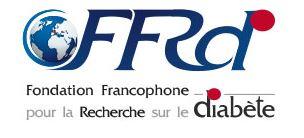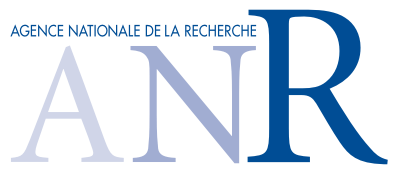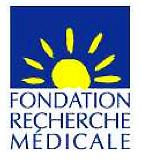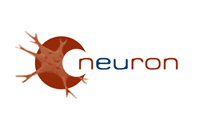Awarded fundings
 A FFRD grant awarded to Daniela Cota
A FFRD grant awarded to Daniela Cota
150 000 euros over 3 years have been granted by the Fondation Francophone pour la Recherche sur le Diabète to Daniela Cota for her project « Le récepteur d’acide bilaire hypothalamique TGR5 comme mécanisme novateur soulignant le rôle des acides bilaires dans le contrôle métabolique ». This project will involve the use of TSE metabolic cages on the Optopath platform
 MemoryTrack : an ANR funded project
MemoryTrack : an ANR funded project
510 000 euros have been granted over 4 years (01/04/2015 to30/03/2019) to Bruno Bontempi for "Unraveling the dynamics of hippocampal-cortical interactions during the formation of recent and remote memories: behavioral, cellular, molecular and functional bases". This project involves the use of the Optopath "Village" equipement and will be developed in collaboration with Laurent Groc's team (IINS, Bordeaux).
 Two FRM grants on Addiction awarded to OptoPath partners
Two FRM grants on Addiction awarded to OptoPath partners
To better understand molecular and cellular mechanisms of addiction, as well as its related pathophysiology, FRM launched in 2014 a very competitive call to support research projects on these areas. The submitted projects had to consider new ways of prevention, treatment or management of long-term patients.
Serge Ahmed has been awarded fundings for a research project based on “Decision-making in pathological addiction to cocaine: causal role of orbitofrontal neuronal activity”.
Veronique Deroche-Gamonet has been granted FRM funds for a project entitled “Is addiction to nicotine a single entity? A preclinical model to identify subpopulations which are differentially sensitive to treatment”
 COCADDICT: an ERA-NET Neuron-funded project
COCADDICT: an ERA-NET Neuron-funded project
The COCADDICT Consortium brings together basic scientists and clinicians from Germany, France and Canada for a translational study of cocaine addiction-related brain network reorganization. This translational research team combines neuroimaging and electrophysiology in humans and rodents and offers a rare opportunity to characterize, in a coordinated fashion, the relevant features in both humans and a high face validity animal model.In brief, identical functional and anatomical connectivity neuroimaging strategies will be used in humans and rats; studies in the latter will be augmented by in vivo multisite electrophysiological recordings and optogenetic manipulations in behaving animals.This innovative approach will increase our ability to identify neurobiological trajectories and novel treatment targets. COCADDICT was granted 720 000 euros over three years.
 NeuroNutriSens funded by ANR
NeuroNutriSens funded by ANR
Coordinated by Daniela Cota, the NeuroNutriSens project aims at "Decoding hypothalamic nutrient sensing and food intake regulation via mTORC1, melanocortin and endocannabinoid interactions".

